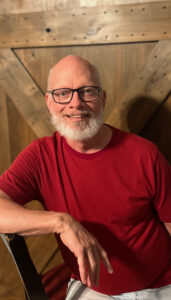
In 2017, Garrard Conley wrote a memoire, “Boy Erased”, about his life and his experience with Love In Action, a residential recovery program purporting to help homosexuals leave homosexuality.
The program Director at the time was me, John Smid.
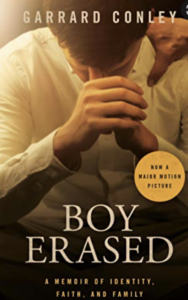
When I read his memoire, all I could think of was “This isn’t correct, he’s not telling the truth.” I had to sit back for a while and process what I was feeling about his words. I came to recognize that his memoire was his, not mine. It was his story to tell, not mine. It wasn’t about me, it was about his own pain. It was written to expose his heart to the world and allow them to hear it.
Then, a short time after the book was released, I was contacted by Garrard. He asked if I might be willing to collaborate with a movie production team to create the movie, Boy Erased. Since I’d done a lot of processing about this whole thing, I was willing to be part of their collaborative team. I was given the official title of “Consultant.”
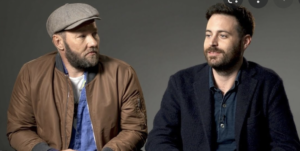
I was given the opportunity to see a release of the film before it hit the Big Screen. Once again, I was flabbergasted at what I saw. It was extreme, it was not a true reflection at all of Love In Action, or my role in the organization. But, as I processed it once again, I had a different take on it.
I told Joel Edgerton, the screen writer and director of the film, “My take on the film is this. The names are changed but the story is true. Everything in this film has happened to someone, somewhere. This story needs to be told.” I realized that it was a collection of stories, a compilation of events and experiences told through the script. It wasn’t true in the real sense of the word, but it was true in concept. Some of the most extreme scenes in the movie may not have happened at Love In Action, but they did happen in someone’s home, someone’s church, or a counseling office. I’ve heard the stories, I’ve been privy to many of them.
So, after the film had been out for a while, I was contacted by a podcaster, Dylan Marron. He asked me if I were willing to do an interview with him for one episode, but even more challenging was that he asked if I were willing to do an interview with Garrard Conley and myself? He said he believed it would be a very beneficial discussion and maybe even healing for us and for those who might listen.
I immediately agreed. At this point, I had no hard feelings with Garrard. I was always positive with him about his book, the movie and his personal life. I had a lot to work through to get to that point but it felt genuine. So, we recorded the podcasts.
These are POWERFUL. Please take the time to listen.
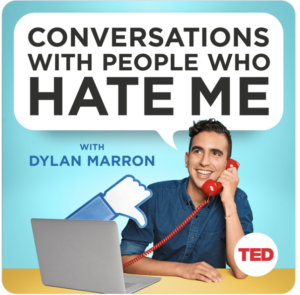 They are now available to listeners world wide. I think they are very positive, honest and vulnerable on all of our parts. There are three episodes. The podcast is called, “Conversations with People Who Hate Me.”
They are now available to listeners world wide. I think they are very positive, honest and vulnerable on all of our parts. There are three episodes. The podcast is called, “Conversations with People Who Hate Me.”
1. Garrard Conley (click link for episode 1)
2 John Smid (click link for episode 2)
3. Garrard and John Together. (click link for episode 3)
I hope you find hope through our words and conversations.
Garrard Conley has been tremendously gracious throughout this whole development. From our first in person meeting in Eureka Springs, Arkansas, to the film premier in New York, he’s always been kind. This to me, shows the depth of character in Garrard Conley.
I just want to say, thank you, Garrard.
Thank you for being willing to tell your story so boldly. Thank you for being willing to share so vulnerably. I know that you are tremendously valuable to all who read, watch, and hear.
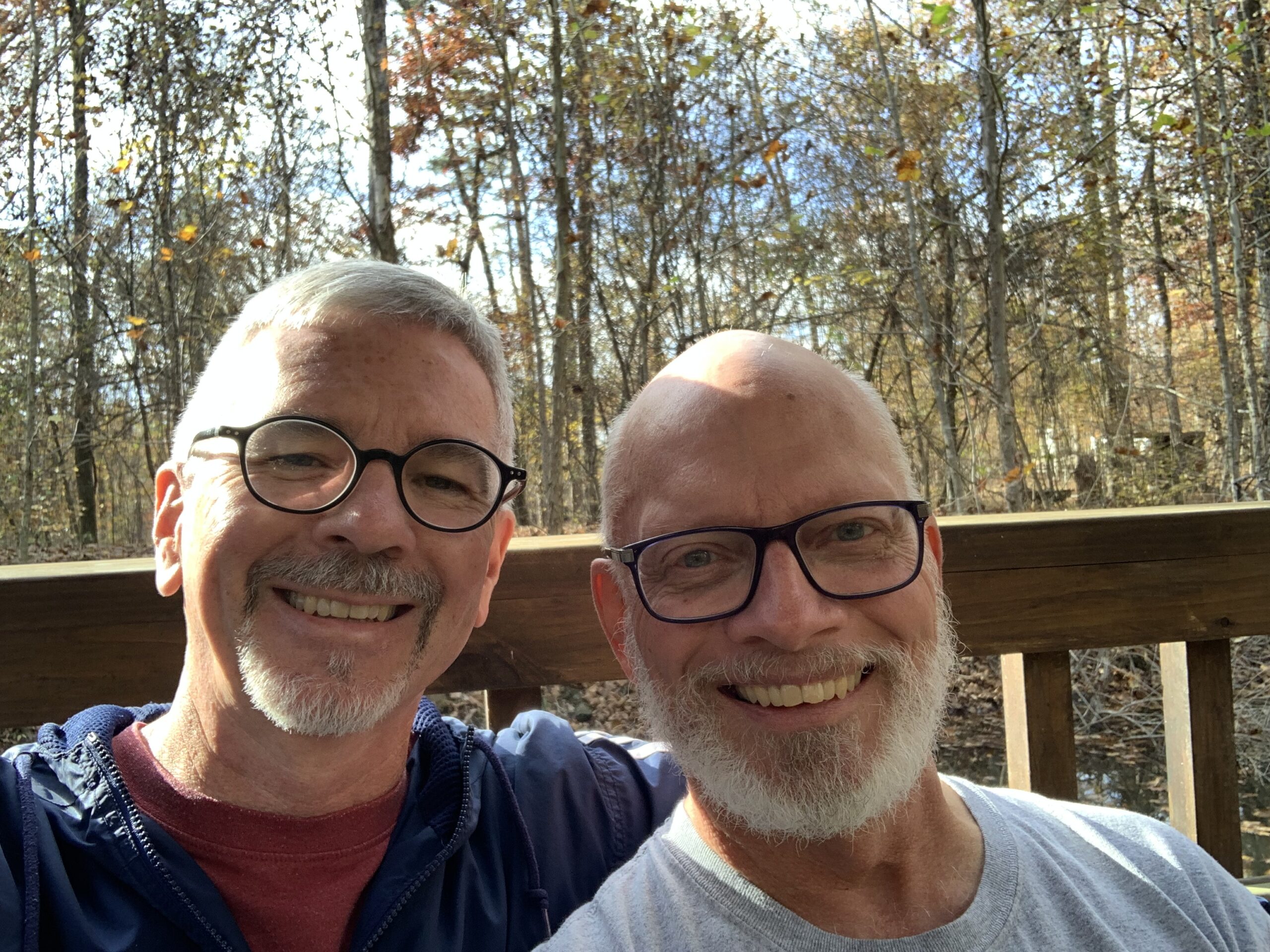
comment